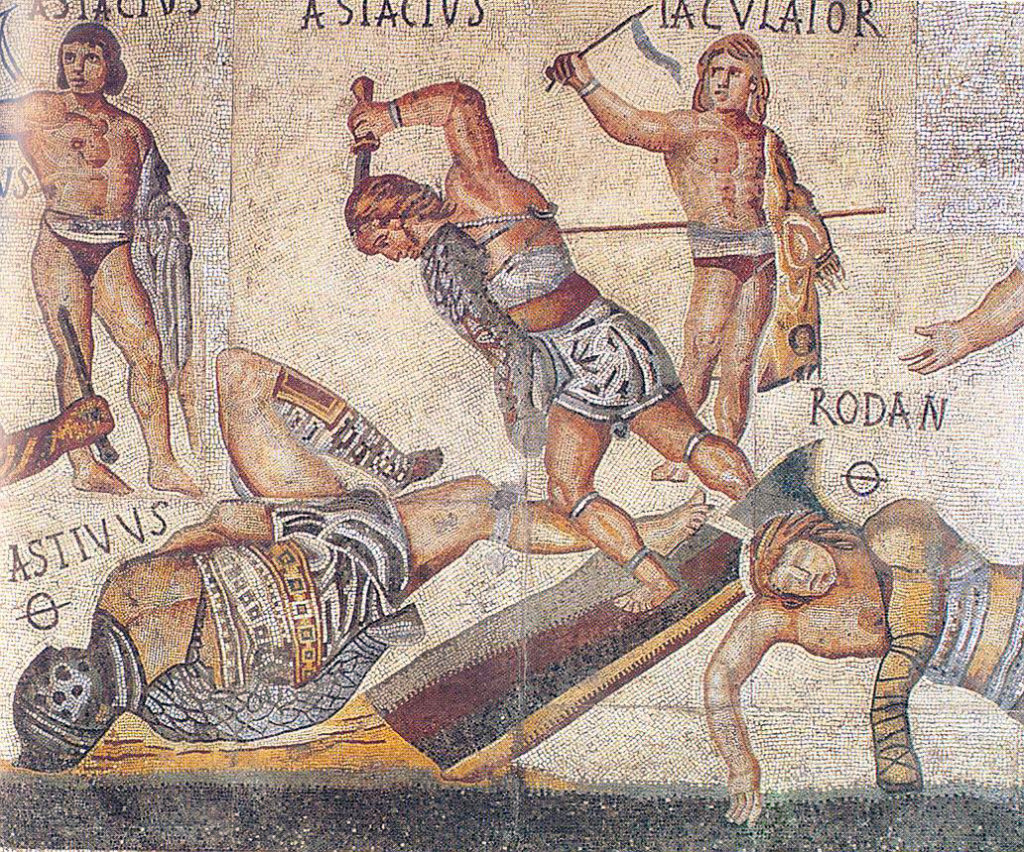Many today may not know who Diogenes is, but they certainly know cynicism. Diogenes, the founder of Cynicism, was often thought of as mentally unstable. But it is hard to find proof of that when there are no official records of Diogenes’ life. So much of what people know about Diogenes today is based on accounts handed down from one generation to the next.
Despite these uncertainties, there is no doubt that Diogenes came up with Cynicism, a recognized school of thought in ancient Greek philosophy.

Who Was Diogenes?
Little is known about Diogenes’ early life. Academics placed his birth at around 404 BCE in Sinope, a city in the northernmost part of the Black Sea in Turkey.
His father, Hicesias, was a banker and Diogenes reportedly studied banking to help with the family business. However, the father and son were found guilty of defacing currency, which led to their banishment from Sinope.
Archeological finds support this theory as there were damaged coins with the mark of Hicesias found in Sinope. Defacing the coins led to two things:
- People started thinking Diogenes was mad.
- Diogenes founded Cynicism.
Diogenes reportedly defaced the coins because he was told to “deface the currency” when he visited the Oracle at Delphi. Diogenes did as told, or at least, did what he thought he was told. Unfortunately, the outcome wasn’t ideal for him. His exile made him realize that perhaps there was another meaning to the Oracle’s wisdom. He wondered if the Oracle meant for him to deface the political currency rather than the monetary one.
What did he do? He found a new home in Athens and set out to change many of its customs. Hence, you’ll find more stories about Diogenes from Athens than from his hometown of Sinope.
Life in Athens
Athens was where most of the philosophers lived, including Anaxogoras, Socrates, Plato, Antisthenes, and many more. Diogenes was said to be a student of Antisthenes, who was considered by many as the real founder of Cynicism. However, Diogenes is often credited with the philosophy even if there is no written evidence.
But stories about Diogenes’ wisdom and unconventional lifestyle abound.
The Man Called Dog
Diogenes was given the epithet “dog” while living in Athens. When asked why, Diogenes reportedly replied: “Because I fawn upon those who give me anything, and bark at those who give me nothing, and bite the rogues.”
And that’s how Cynicism got its name. Antisthenes taught at a gymnasium called Kynosarges, which has its roots in the word kynikoi, which means “doglike ones.” Incidentally, Diogenes was known as “dog.”
Like most Cynics, Diogenes lived a simple, ascetic life in a clay wine jar in Athens.
The Simple Life
He reportedly arrived in Athens with a slave named Manes. However, Manes abandoned him. Diogenes was advised to run after Manes, but he was heard saying: “If Manes can live without Diogenes, why not Diogenes without Manes?”
Though a friend had helped Diogenes look for living quarters in Athens, the search took so long that Diogenes ended up sleeping in a large ceramic jar.
Diogenes owned the barest essentials as an ascetic. Once, he threw away his drinking cup because he saw a child drinking water using their hands. To that, Diogenes said, “A child has beaten me in plainness of living.” He also thought he was a fool for bringing the “baggage” all the time.
He felt contempt against people who had slaves and lived luxurious lifestyles. Diogenes mocked the notion of dependency exhibited by the master-slave relationship.
However, he did crave a mentor-student relationship and asked to be Antisthenes’ student. Antisthenes was also Socrates’ pupil. Antisthenes wasn’t interested at first and tried beating Diogenes with a staff.
“Strike, for you will find no wood hard enough to keep me away from you, as long as I think you’ve something to say,” Diogenes reportedly said.
The Birth of Cynicism
While Diogenes learned from Antisthenes, who may or may not have birthed Cynicism, the student’s reputation loomed larger. It wasn’t always in a good way since Plato reportedly called Dioneges a “Socrates gone mad.”
Diogenes didn’t just live an ascetic lifestyle. He would piss and defecate in places where people showcased their wealth, such as in markets and theaters.
But no one can deny that Diogenes initiated a great discussion about one’s quality of life by living simply, free from social constraints. Diogenes was the perfect example of a person living a shameless life.
One of the reasons why Diogenes is credited for the birth of Cynicism was because he lived it. He wasn’t just teaching Cynicism, he embodied it. The lack of written works from Diogenes is also part of his teaching because writing isn’t as natural as talking.
Cynicism, according to philosophers, is about living an ascetic life to reach eudaimonia, which is the highest human good or mental clarity. It is only desirable for one’s sake rather than other people’s. Only by living through nature can one achieve eudaimonia, at least, according to the Cynics.
Cynic Until the End
Historians suggest that Diogenes may have perished in 323 BCE in Corinth. While it was uncertain how he died, the people revered the philosopher and erected a monument over his supposed grave. The statue shows him standing beside a dog on a barrel while holding a “lamp of reason.”
However, when he was alive, he reportedly asked to have a stick with him in his death. He amused people when he said that instead of burying him, he preferred to be thrown outside the city so that animals could feast on his body. But when people questioned if that might frighten him, he replied that they should just give him a stick so he could hit the animals with it. But then the people said that he would lack awareness by then, and Diogenes replied, “If I lack awareness, then why should I care what happens to me when I am dead?”

